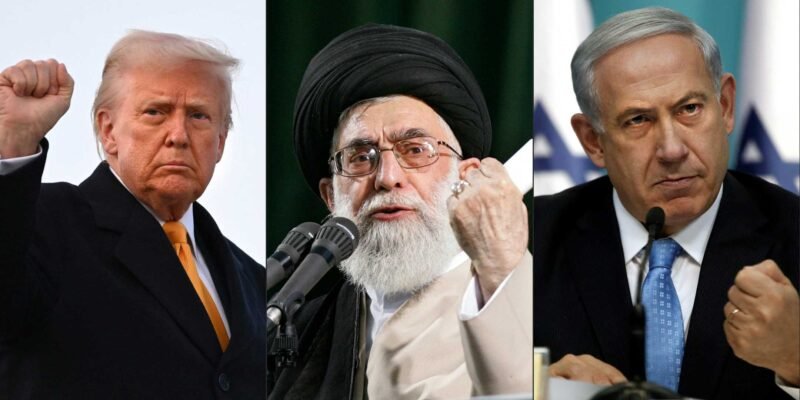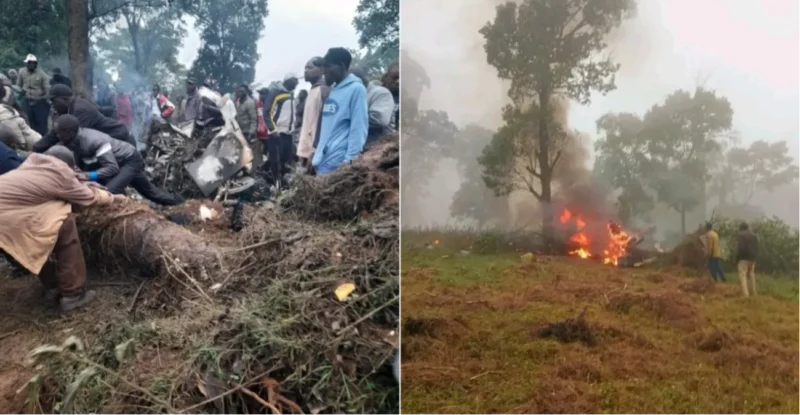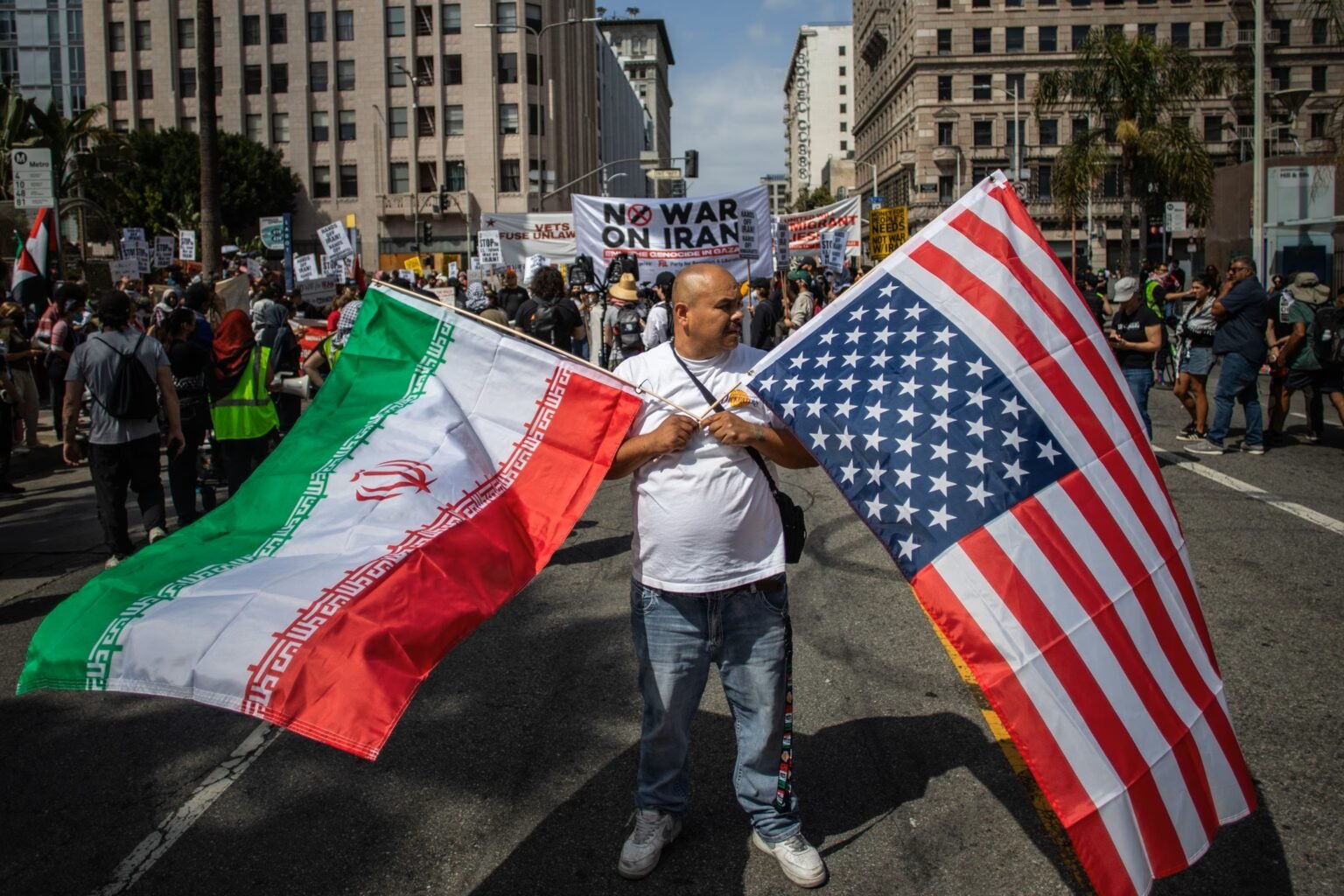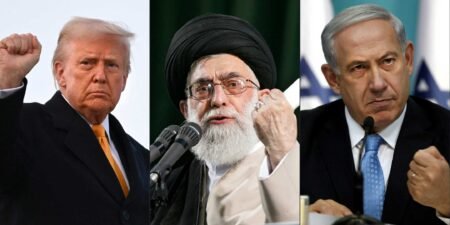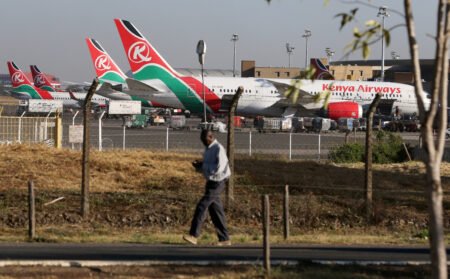WASHINGTON D.C., United States — In a significant escalation of Middle East tensions, the United States today declared that its overnight strikes on three Iranian nuclear sites had “devastated” Iran’s nuclear program.
The Pentagon asserted that Washington’s intervention, alongside Israel, was not aimed at regime change in the Islamic Republic, as the Iran-Israel war entered its tenth day.
US intervention details
US Defense Secretary Pete Hegseth stated Sunday that the strikes, ordered by President Donald Trump, inflicted severe damage.
“We devastated the Iranian nuclear programme,” Hegseth told a Pentagon press briefing, clarifying that the operation “did not target Iranian troops or the Iranian people.”
He further urged Iranian leaders to pursue peace to prevent additional assaults, emphasizing that Trump “seeks peace, and Iran should take that path.” Hegseth concluded, “This mission was not, and has not, been about regime change.”
Earlier, President Trump had announced the US carried out a “very successful attack” on three Iranian nuclear sites, including the underground uranium enrichment facility at Fordo.
In a post on his Truth Social platform, Trump stated, “We have completed our very successful attack on the three Nuclear sites in Iran,” specifically naming Fordo, Isfahan, and Natanz. He added that “A full payload of BOMBS was dropped on the primary site,” Fordo, and confirmed the planes had safely exited Iranian airspace and were en route home.
Iranian media corroborated reports that the Fordo, Isfahan, and Natanz nuclear sites were indeed hit.
General Dan Caine, Chairman of the US Joint Chiefs, revealed that seven B-2 stealth bombers undertook an 18-hour flight from mainland America to Iran, conducting multiple aerial refuellings to execute the attack.
The top general noted the success of the mission, stating, “Iran’s fighters did not fly, and it appears that Iran’s surface to air missile systems did not see us throughout the mission. We retained the element of surprise.”
Following the strikes, Trump insisted that Iran “must now agree to end this war,” reiterating that Iran should under no circumstances possess a nuclear weapon.
Iran accuses US of ‘blowing up’ diplomacy
Iran’s top diplomat, Abbas Araghchi, fiercely criticized the United States, accusing it of deliberately choosing to “blow up” diplomacy through its intervention alongside Israel in the ongoing conflict.
In a post on X, Araghchi contended that Israel sabotaged negotiations between Tehran and Washington with its June 13 strikes, while the US did the same to talks with European powers with its Sunday attacks.
Addressing European calls for Iran to return to negotiations, he rhetorically questioned, “How can Iran return to something it never left?”
Later, at a news conference in Istanbul, Araghchi asserted that the United States and Israel had crossed a “big red line” by targeting Iran’s nuclear facilities. “There is no red line that they have not crossed.
And the last one, and the most dangerous one, happened only last night. They crossed a very big red line by attacking nuclear facilities,” said Araghchi.
Iranian President Masoud Pezeshkian condemned the US, stating that the attack exposed America as the “main factor behind” Israel’s military campaign in the Islamic Republic.
Iran and Israel trade fire
Following the US attacks, Iran’s armed forces reported targeting multiple sites in Israel, including Ben Gurion airport, a “biological research centre,” logistics bases, and various command and control centers.
The IRNA news agency indicated that 40 missiles were launched in what marked Iran’s “20th wave” of strikes. Israeli police reported at least three impacts, with at least 23 people wounded.
Tel Aviv mayor Ron Huldai described the aftermath, saying, “Houses here were hit very, very badly.”
He added, “Fortunately, one of them was slated for demolition and reconstruction, so there were no residents inside.”
Huldai concluded, “Those who were in the shelter are all safe and well. The damage is very, very extensive, but in terms of human life, we are okay.”
Meanwhile, the Israeli military confirmed it had launched its own fresh waves of strikes in western Iran and in Qom, south of Tehran.
IRNA reported that four Revolutionary Guard members were killed in strikes on a military base in the north of the city.
Iran’s Shargh newspaper also reported a “massive explosion was heard” Sunday in Bushehr province, home to Iran’s only nuclear power plant, while the Fars news agency stated Israel attacked two locations.
Watchdog reports ‘No Increase’ in radiation
Amidst the escalating conflict, the UN’s International Atomic Energy Agency (IAEA) confirmed it had not detected any increase in radiation levels at key nuclear sites in Iran subsequent to the US strikes.
“Following attacks on three nuclear sites in Iran… the IAEA can confirm that no increase in off-site radiation levels has been reported as of this time,” the watchdog posted on X.
Rafael Grossi, the head of the UN body, announced that the IAEA would convene an “emergency meeting” at its headquarters in Vienna on Monday in response to the US actions.
Red Crescent reports no fatalities in US strikes
Adding to the immediate assessments, the head of Iran’s Red Crescent Society, Pir Hossein Kolivand, stated that there were no fatalities resulting from the US strikes on Iran’s nuclear facilities.
“Fortunately, we did not have any martyrs in last night’s events of the US aggression against Iran’s nuclear facilities,” he said, as reported by state television.
